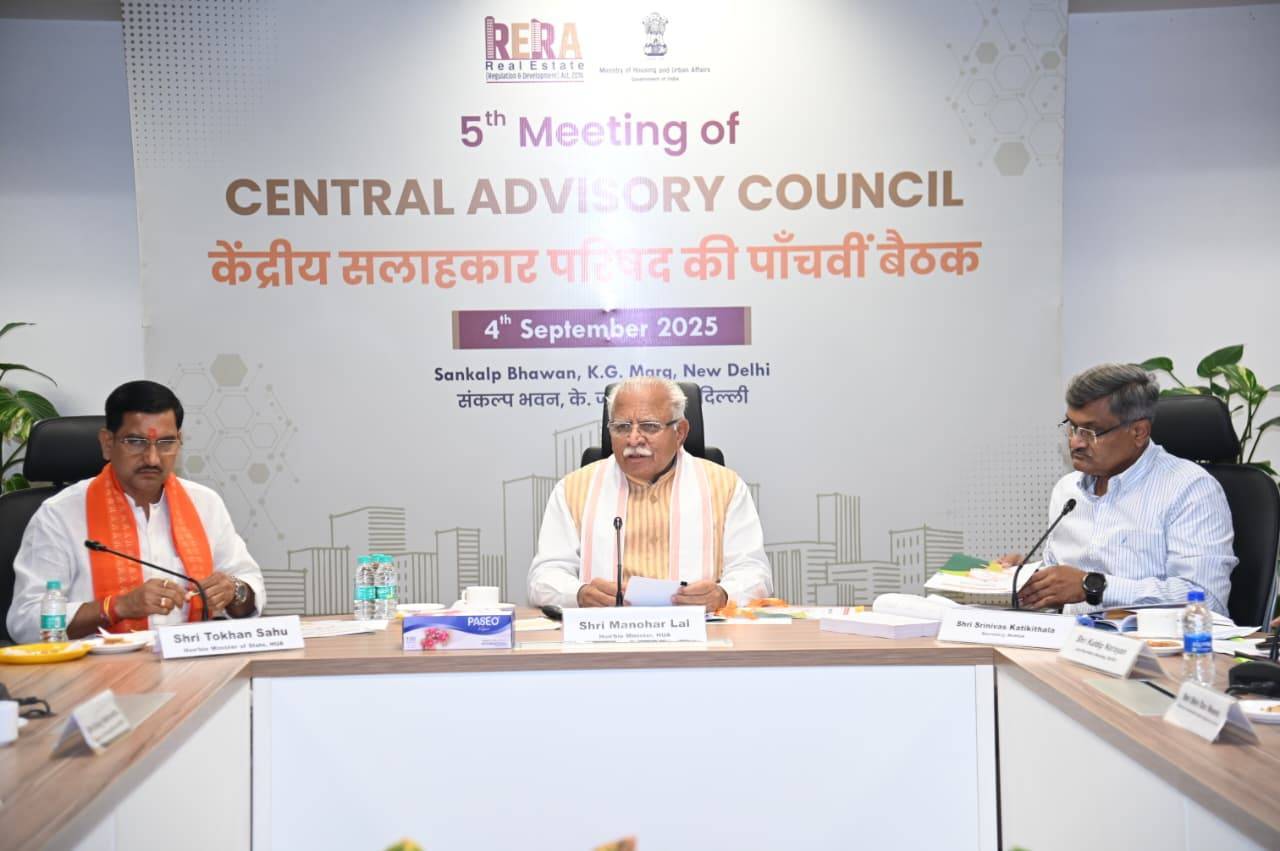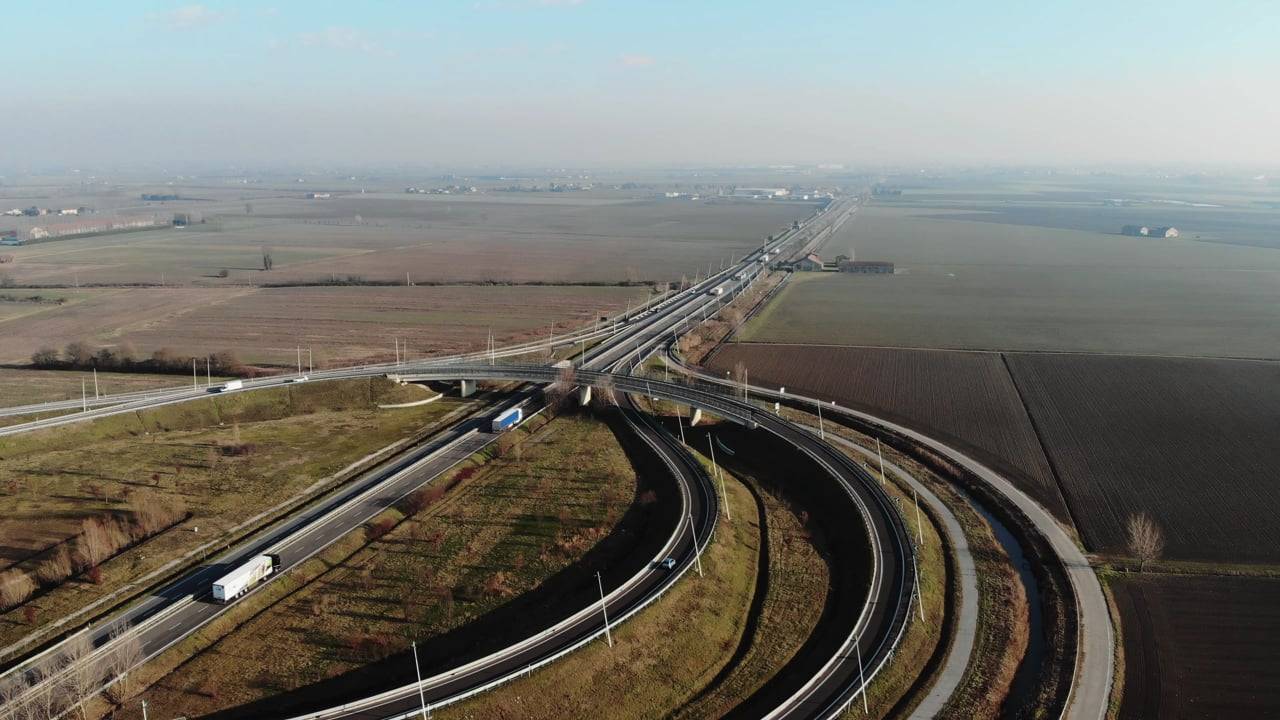The Union government will soon begin ranking states on the quality of their land records, ease of land acquisition, and cooperation in highway development, in a bid to tackle delays that often cripple road projects. Officials said the initiative is aimed at pushing states to modernize land management systems and cut the bottlenecks that stall infrastructure expansion.
Road transport and highways secretary V Umashankar stated that the new ranking framework will evaluate states on three parameters—accuracy of land records, efficiency in completing acquisition processes, and proactive support to highway projects. He explained that the plan is to grade states based on these indicators so that project timelines can be set in line with their performance, thereby introducing accountability and enabling better anticipation of delays. The remarks were made during a workshop on project preparation and monitoring organised by the Build India Foundation.
Land acquisition has consistently been identified as the single largest cause of delays in highway construction. Missing records, overlapping claims, and prolonged litigation not only slow down projects but also add to costs. Umashankar highlighted that in several cases, issues such as untraceable plots have emerged months after project approval and even during the tendering stage. This has led to work being halted and acquisition exercises being repeated, further compounding delays.
Officials said some states face the “disease of missing plots,” where land parcels shown as acquired on paper are later found to be unavailable on the ground. In some cases, 100% of planned plots for a stretch turn out to have acquisition problems, forcing redesign or stoppage of works. The proposed ranking system, officials said, will create competitive pressure on states to address such lapses quickly.
The secretary also underlined the importance of sound project preparation. Citing international practices, he said that in the US, nearly 38% of all land is owned by federal and state governments, making land pooling for infrastructure relatively straightforward. In India, where land is largely privately held, building a robust plan before tendering is critical to prevent disputes.
Officials added that the ranking exercise will be reviewed periodically and linked with project timelines. States that demonstrate strong land record systems and faster acquisition processes could be prioritized for new highway projects, while those with chronic delays may face slower clearances.
Experts said the move is in line with the government’s broader agenda to digitize land records, standardize acquisition processes, and promote transparency. “This step will push states to modernize their land records, integrate them with digital platforms, and ensure that projects don’t get stuck midway,” said a senior infrastructure consultant.
With India targeting over 40 km of highway construction per day, officials believe the new ranking framework will help achieve smoother execution. The ministry is also exploring whether states that perform well can be given incentives, including faster release of funds and priority in sanctioning of big-ticket road projects.
The ranking mechanism, expected to be finalized in the coming months, will be formally announced after consultations with states. Sources said it could eventually become part of a larger “ease of doing infra” index that assesses states on their support for infrastructure development.









.png)